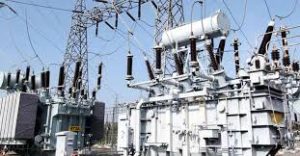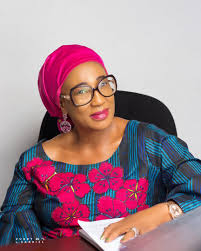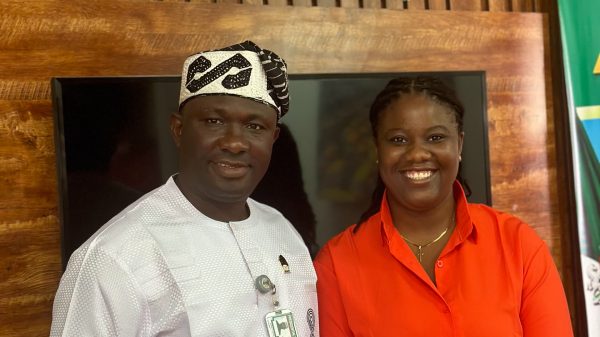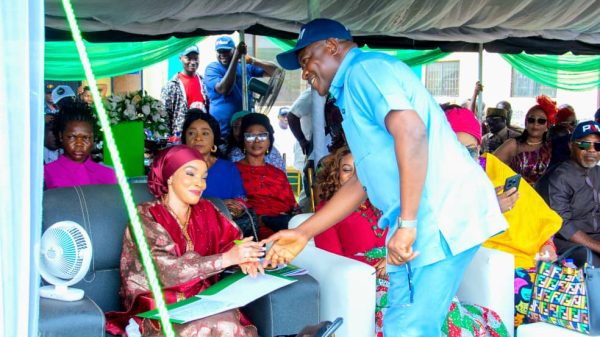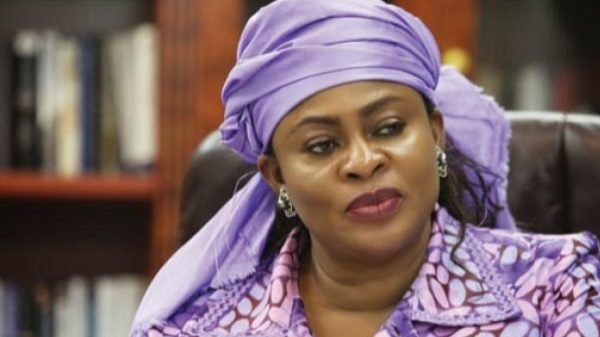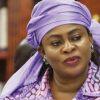Nigeria’s national power grid has suffered its ninth collapse in just 10 months, leaving many parts of the country in darkness. The Transmission Company of Nigeria (TCN) confirmed that the collapse happened at around 1:52 pm on November 5, 2024. According to TCN, the issue was due to “a series of line and generator trippings” that destabilized the grid, leading to a “partial disturbance” rather than a complete breakdown. The company’s engineers are now working to restore power across affected regions as quickly as possible.
Data shows a dramatic drop in power generation following the grid disturbance. Around 2:00 pm on the day of the incident, power production was reported at 61.60 megawatts (MW). An hour later, it fell further to 58.00 MW and rose to 360.30 MW by 4:00 pm before dropping again to 85.00 MW. As the evening progressed, the grid struggled to maintain stability, fluctuating between 51.00 MW and 147.10 MW by 7:00 pm. TCN stated that electricity supply had been partially restored to Abuja by 2:49 pm, and other regions were gradually being reconnected【24†source】.
This latest collapse follows a string of recent failures that have left the country’s residents in prolonged darkness. Just a few weeks prior, the northern states experienced a blackout on October 22, affecting 17 states. That outage was attributed to transmission line malfunctions and instances of vandalism. Additionally, October saw multiple grid collapses on the 14th, 15th, and 19th, which underscored the grid’s vulnerability due to aging infrastructure and inadequate maintenance. In earlier months this year, the grid collapsed on February 4, March 28, April 15, July 6, and August 5【26†source】.
The consequences of these power failures are far-reaching, affecting businesses, healthcare, and everyday life. Residents and businesses have voiced frustration, as Nigeria’s electricity woes continue to strain the economy and disrupt essential services. Industrial sectors reliant on stable power, such as manufacturing, have incurred substantial losses, while small business owners struggle to keep their operations afloat with costly alternatives like diesel generators.
Power distribution companies, including Ikeja Electric and Enugu Electricity Distribution Company (EEDC), also reported system outages to their customers on November 5. Ikeja Electric, which serves parts of Lagos, posted on its social media account that it had experienced an outage around 1:53 pm. Similarly, EEDC informed its customers in Abia, Anambra, Ebonyi, and Imo states of the collapse, noting that all their interface stations with TCN were out of supply due to the incident. EEDC’s spokesperson, Emeka Ezeh, expressed regret over the inconvenience, emphasizing that they were awaiting updates from the National Control Centre in Osogbo on the restoration efforts.
The Nigerian government has promised a long-term solution to the frequent grid failures. Recently, officials have cited ongoing efforts to upgrade infrastructure, invest in newer technologies, and combat the theft and vandalism that have plagued power installations. Yet, despite these pledges, persistent grid breakdowns highlight the challenges facing the country’s power sector, which has struggled with underinvestment, inadequate infrastructure, and maintenance issues for decades.
Experts argue that addressing Nigeria’s electricity challenges requires a comprehensive overhaul of the power generation, transmission, and distribution system. Renewable energy advocates suggest integrating solar and wind energy to supplement the grid, while other stakeholders are calling for the decentralization of the grid to improve reliability. Some analysts believe that privatizing more segments of the power sector could drive competition and efficiency, but they caution that regulatory reforms must accompany such moves to prevent monopolistic practices.
Nigeria’s frequent power disruptions have also fueled concerns about foreign investment, as reliable power supply is critical for businesses considering setting up in the country. Without dependable electricity, Nigeria risks losing its appeal to international investors, who may opt for countries with more stable infrastructure. The government’s ability to provide a sustainable solution will be essential for Nigeria’s economic growth and development in the coming years.
For now, TCN and other stakeholders continue to work on restoring stability, but whether these efforts will be enough to prevent future breakdowns remains uncertain. The recurrent grid collapses serve as a stark reminder of the structural issues within Nigeria’s power sector that require urgent attention to meet the needs of its growing population and economy.
